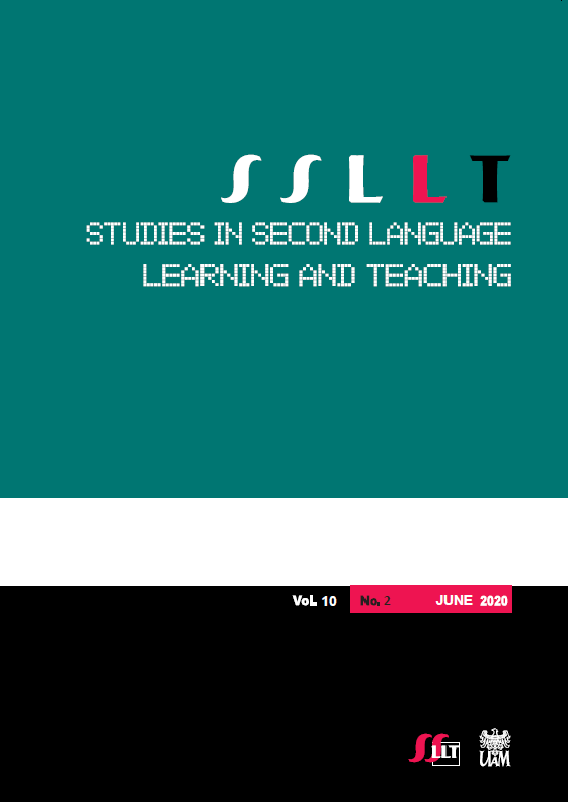On the fractal nature of complex syntax and the timescale problem
On the fractal nature of complex syntax and the timescale problem
Author(s): D. Reid EvansSubject(s): Foreign languages learning
Published by: Wojskowe Biuro Historyczne im. gen. broni Kazimierza Sosnkowskiego
Keywords: complex dynamic systems theory; fractals; syntactic complexity; second language development; variability
Summary/Abstract: Fundamental to complex dynamic systems theory is the assumption that the recursive behavior of complex systems results in the generation of physical forms and dynamic processes that are self-similar and scale-invariant. Such fractal-like structures and the organismic benefit that they engender has been widely noted in physiology, biology, and medicine, yet discussions of the fractal-like nature of language have remained at the level of metaphor in applied linguistics. Motivated by the lack of empirical evidence supporting this assumption, the present study examines the extent to which the use and development of complex syntax in a learner of English as a second language demonstrate the characteristics of self-similarity and scale invariance at nested timescales. Findings suggest that the use and development of syntactic complexity are governed by fractal scaling as the dynamic relationship among the subconstructs of syntax maintain their complexity and variability across multiple temporal scales. Overall, fractal analysis appears to be a fruitful analytic tool when attempting to discern the dynamic relationships among the multiple component parts of complex systems as they interact over time.
Journal: Studies in Second Language Learning and Teaching
- Issue Year: 10/2020
- Issue No: 4
- Page Range: 697-721
- Page Count: 25
- Language: English

